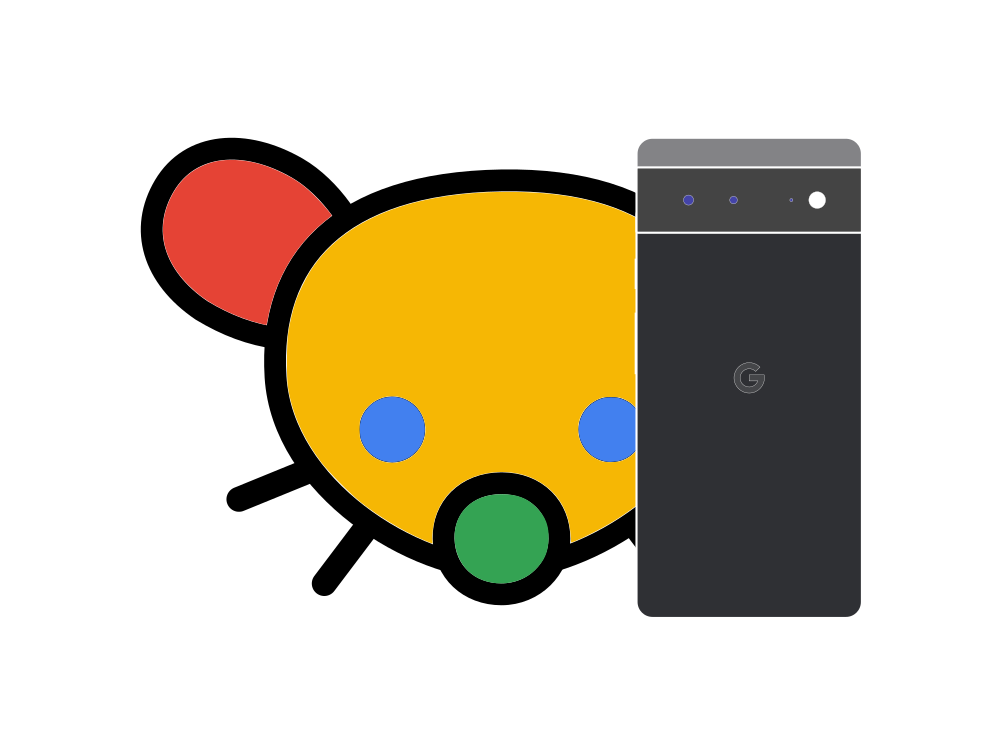

This is definitely a case of overloading a feature when they could just make multiple features.
I personally love the ability to easily switch the active Bluetooth device (so I love the new behaviour), but not everyone has this need.
They should just have added multiple quick settings tiles so we can all be happy.


Late reply, but just so you know…
Before you first launch the game, you must agree to the Riot Games terms of service. The terms very clearly state what is toxic behaviour and are pretty easy to read through. After the tutorial and before you queue for the first time, you must agree to an in game code of conduct, which is a summary of what “[good in game conduct]” (paraphrased) is.
Although it’s not confirmed, players seem to be punished based on the volume of in-game reports and some sort of review. When you report a player, there are categories you can choose that describe their conduct. There’s also a text box where you can type out what you feel they did.
For text chat violations, this sometimes happens automatically, and even without reports. For example, if you use a racist term, you will be immediately muted in text chat for a time.
Although it hasn’t been confirmed, Riot has been trailing a system where they actually record and transcribe in game voice chat. The rumour is that an in game report will trigger an automated and/or manual review of the transcript. For most reports, you’ll get a confirmation in a few hours that the player was punished and a thanks for the feedback that will help the community.
Punishments range from a competitive queue cooldown (these get progressively longer the more you repeat the behaviour, and reset after a stretch of good behaviour) to hardware ID bans for the worst cases. A hardware ID ban prevents the player from playing on any account on a PC with the same hardware fingerprint for at least 5mo, and, in some cases, permanently closes accounts that are suspected to be theirs.
If someone bought a bunch of in-game cosmetics, this will very likely cause them to move on to another game. But, of course, the worse offenders will find a way.
And btw, the terms also make it clear that when you buy in game cosmetics, you’re actually buying a non-transferable, revocable license to use them in-game. This license can be revoked at any time; for example if you violate the terms of service.
And also, Riot’s support site gives players a way to dispute bans, just in case a player was banned by mistake.
It’s not perfect (and the game isn’t even perfect in any way… far from it) but they at least make it clear what is toxic behaviour, and have put some thought into this system for trying to handle it. I think the video/article is more about stepping up manual review and scale of punishments for the worst offenders.